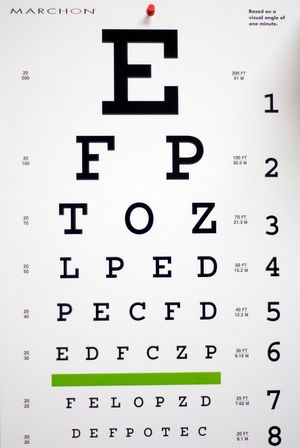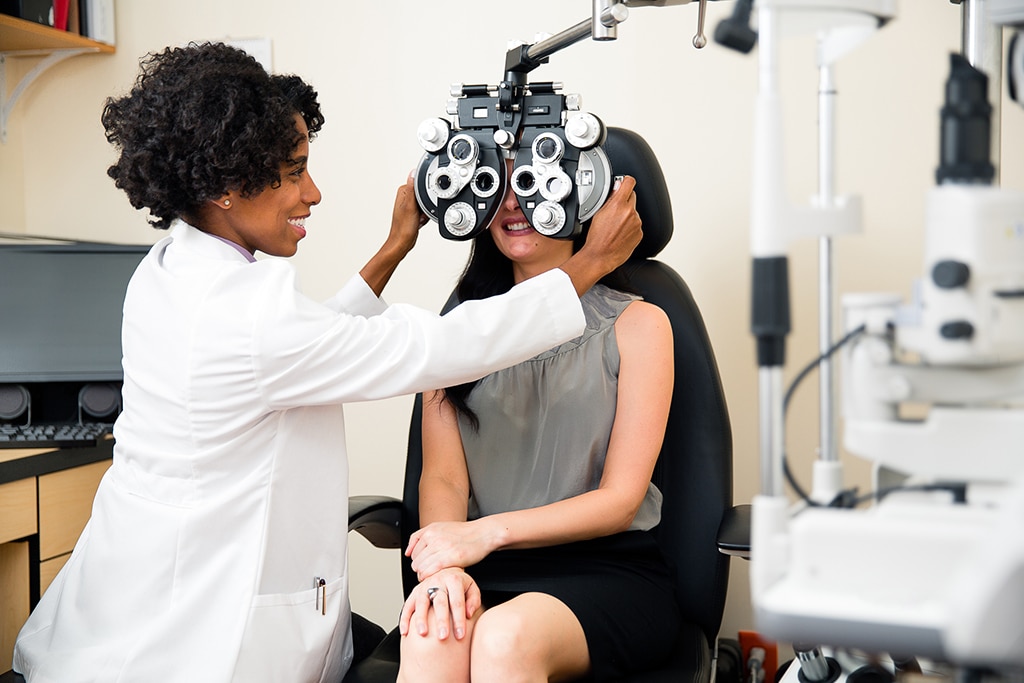Comprehensive Eye Center Panama City Florida for All Your Vision Requirements
A Comprehensive Overview to Eye Surgery Treatments Available at Your Ophthalmologist's Technique
In the world of ophthalmology, the developments in eye surgical treatment therapies have actually opened a world of possibilities for those seeking improved vision and eye wellness. From the well-known LASIK eye surgical treatment to the much less acquainted Corneal Transplants, the array of procedures offered at your eye physician's method can attend to a variety of vision-related problems. Understanding the nuances of each treatment choice and exactly how they can possibly transform your vision requires a better look at the ins and outs and results connected with these procedures. Allow's explore the varied landscape of eye surgical treatment therapies that might potentially enhance your visual acuity and lifestyle.
LASIK Eye Surgical Treatment
When considering vision improvement treatments, LASIK eye surgery emerges as a noticeable choice for people seeking long-lasting renovation in their sight. LASIK, which means Laser-Assisted in Situ Keratomileusis, is a prominent refractive surgery that intends to correct usual vision problems such as nearsightedness, farsightedness, and astigmatism. This procedure involves using a laser to improve the cornea, enabling light to be appropriately concentrated onto the retina, leading to more clear vision without the need for glasses or call lenses.
Among the vital benefits of LASIK eye surgery is its relatively painless and quick nature. The procedure itself usually takes just around 15 mins per eye, with most people experiencing boosted vision nearly quickly. Furthermore, the recuperation time for LASIK is fairly brief, with numerous people able to return to their typical tasks within a day or 2.

PRK (Photorefractive Keratectomy)
FIRST SENTENCE:
An additional sophisticated vision adjustment procedure comparable to LASIK is PRK (Photorefractive Keratectomy), using efficient options for individuals seeking options to conventional glasses or contact lenses. PRK is an operation that reshapes the cornea using an excimer laser to fix refractive errors such as nearsightedness (nearsightedness), hyperopia (farsightedness), and astigmatism. Unlike LASIK, PRK does not include creating a flap on the cornea; rather, the outer layer of the cornea is delicately eliminated before the laser therapy. This makes PRK an ideal choice for people with slim corneas or those entailed in activities where the threat of eye injury is greater.
The recovery period for PRK is much longer compared to LASIK, as the external layer of the cornea needs time to restore. Individuals may experience pain and blurry vision throughout the first healing stage, but vision slowly boosts over several weeks. Your ophthalmologist will supply detailed post-operative care guidelines to ensure a smooth healing procedure and optimum visual results.
Cataract Surgical Procedure
Cataract surgical procedure, an usual treatment executed by ophthalmologists, entails getting rid of the over cast lens within the eye and changing it with a clear artificial lens dental implant to restore vision clarity. Cataracts occur when the all-natural lens of the eye becomes cloudy, bring about blurred vision and problem seeing clearly. During cataract surgery, the eye doctor makes a tiny cut in the eye and makes use of ultrasound modern technology to separate the gloomy lens, which is then carefully suctioned out. Once the cataract is removed, the artificial lens, understood as an intraocular lens (IOL), is placed to replace the natural lens's function. This IOL aids to concentrate light onto the retina, enhancing vision. Cataract surgical treatment is usually carried out on an outpatient basis and is known for its high success rate in boosting vision and top quality of life for individuals. It is vital to speak with your ophthalmologist to identify if cataract surgery is the right alternative for you based upon your private eye health and wellness needs.
Corneal Transplants
Corneal transplants, also called corneal grafts, are medical procedures that include changing damaged or unhealthy corneal cells with healthy contributor cells to improve vision and ease corneal problems. This procedure is normally advised for individuals with corneal scarring, thinning, or other corneal conditions that can not be treated efficiently with various other approaches such as medication or get in touch with lenses.
Throughout a corneal transplant, the ophthalmologist gets rid of the central portion of the damaged cornea and changes it with a benefactor cornea. This donor tissue is very carefully picked, examined, and kept to make sure compatibility and lower the risk of denial. Corneal transplants can restore vision, lower pain or discomfort, and boost the look of the eye.
There are various sorts of corneal transplants, consisting of full-thickness transplants (penetrating keratoplasty) and partial-thickness transplants (such as endothelial keratoplasty or former lamellar keratoplasty), with the option relying on the particular problem being dealt with. After the surgical treatment, individuals call for close post-operative like keep track of healing and stop problems.
Retinal Detachment Surgical Treatment
Adhering to successful corneal transplants, an additional important eye surgical treatment treatment that might be necessary for certain individuals is retinal detachment surgical treatment, a fragile procedure targeted at bring back the retina's appropriate setting to maintain vision and prevent further problems (eye doctors panama city beach). Retinal detachment takes place when the retina, the slim layer of tissue at the rear of the eye in charge of recording light and sending out aesthetic signals to the mind, retreats from its regular placement. This splitting up eye center panama city florida can bring about vision loss if not without delay resolved via surgical treatment
During retinal detachment surgical treatment, the ophthalmologist works to reattach the retina to the rear of the eye. There are various surgical methods readily available, including pneumatically-driven retinopexy, scleral fastening, and vitrectomy, with the selection depending upon the intensity and particular attributes of the detachment. If possible, the goal of the surgical treatment is to avoid vision loss and improve or recover vision. After the procedure, clients may require to adhere to a post-operative care strategy to enhance recovery and aesthetic results. Early discovery and therapy of retinal detachment are vital in protecting vision and avoiding permanent vision problems.
Final Thought

In the realm of ophthalmology, the developments in eye surgical procedure treatments have opened up a world of possibilities for those seeking enhanced vision and eye wellness. From the widely recognized LASIK eye surgery to the much less acquainted Corneal Transplants, the range of treatments readily available at your eye medical professional's method can deal with a range of vision-related issues. It is vital to consult with your eye doctor to identify if cataract surgery is the right option for you based on your private eye health and wellness needs.
Adhering to effective corneal transplants, another important eye surgical treatment procedure that may be necessary for particular individuals is retinal detachment surgical procedure, a fragile procedure intended at bring back the retina's proper setting to maintain vision and protect against more difficulties.In conclusion, there are various eye surgical treatment treatments offered at your eye physician's practice, including LASIK, PRK, cataract surgery, corneal transplants, and retinal detachment surgical treatment.